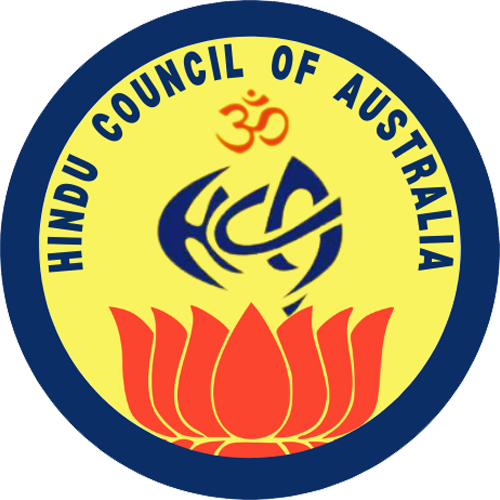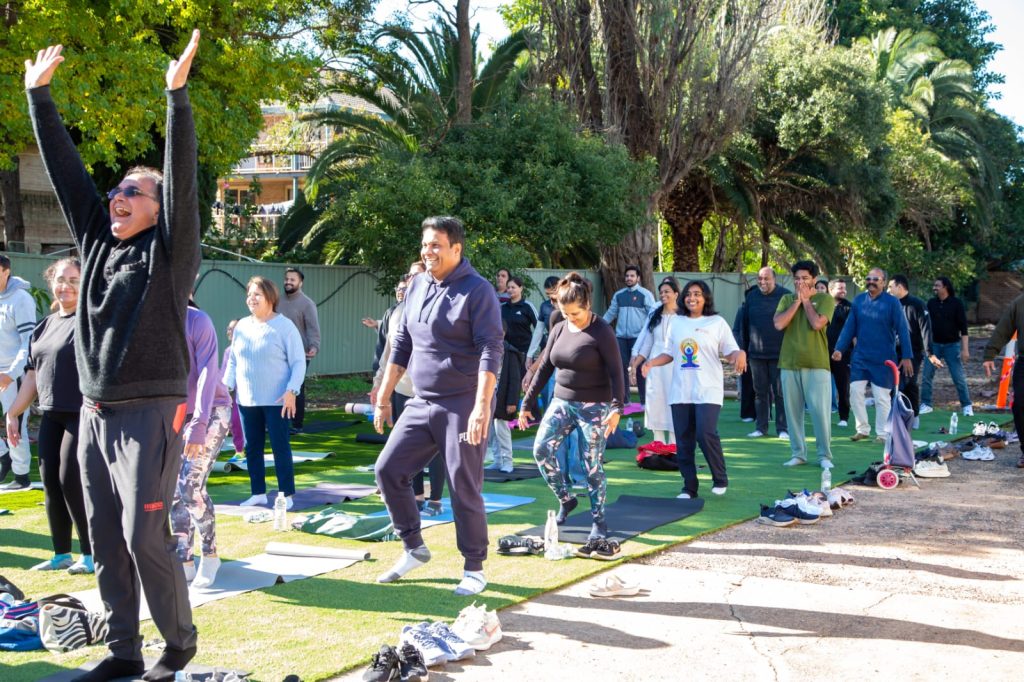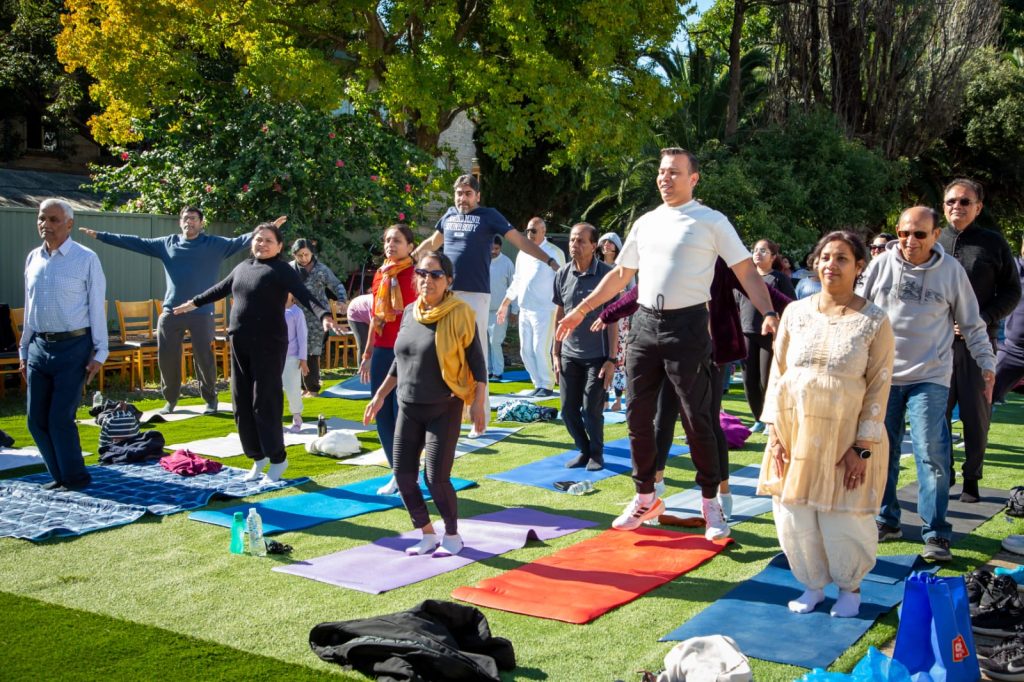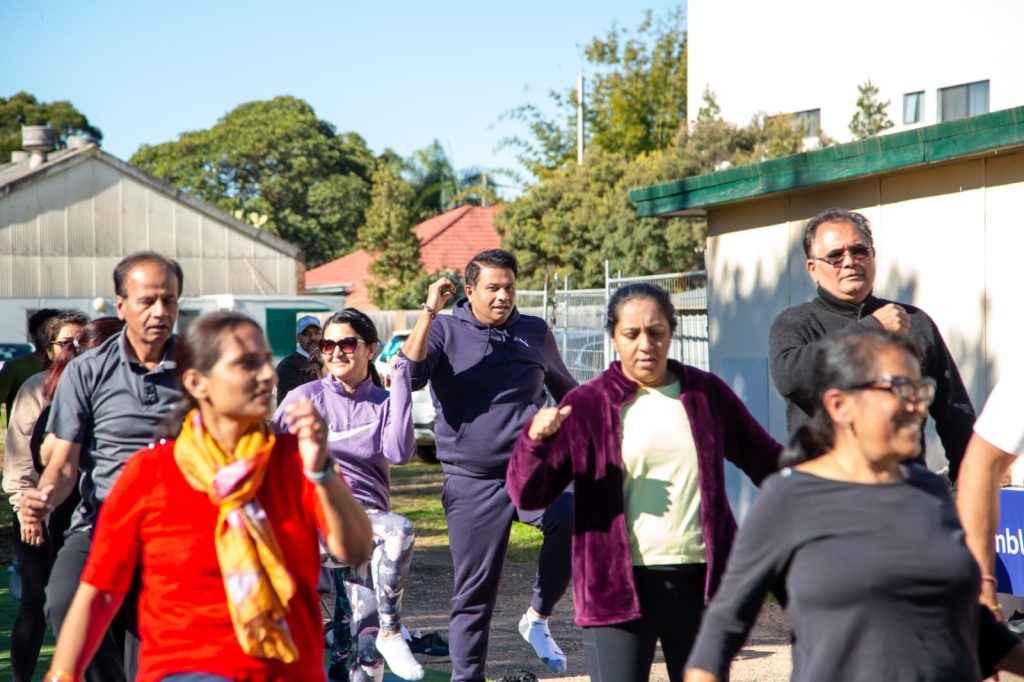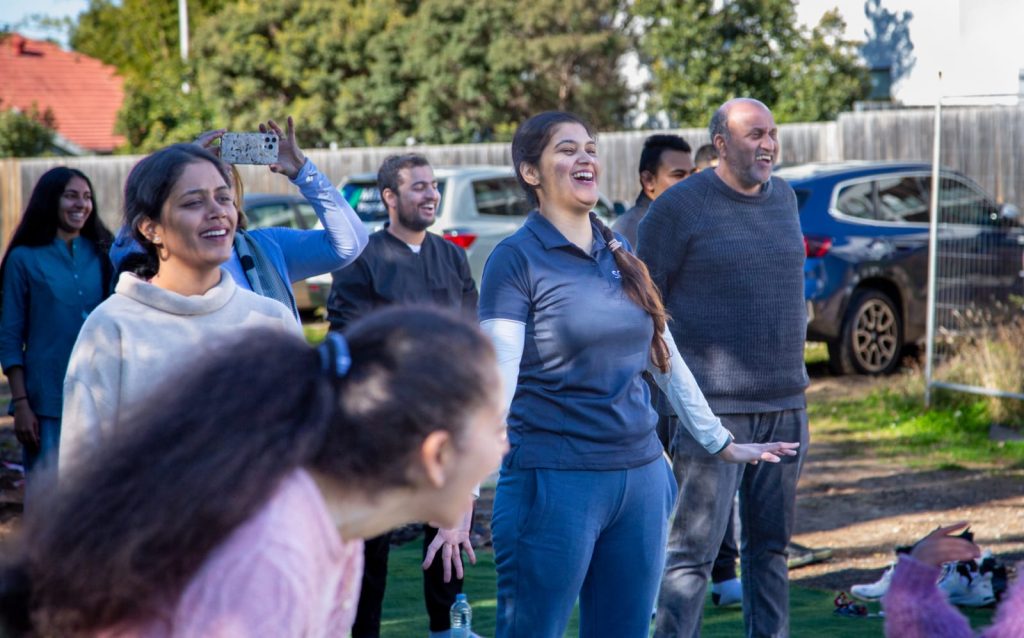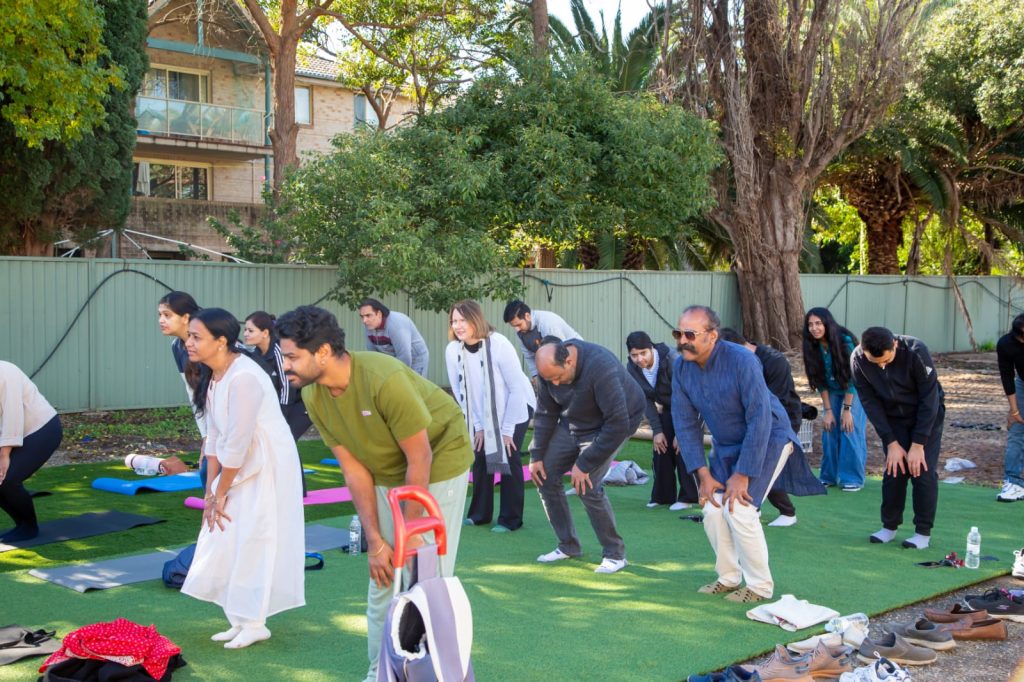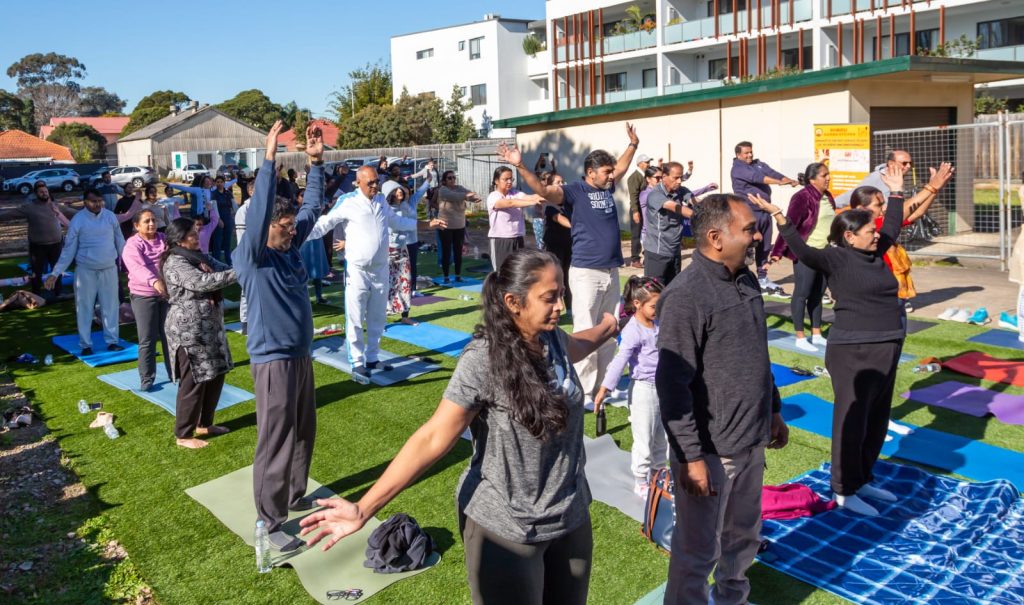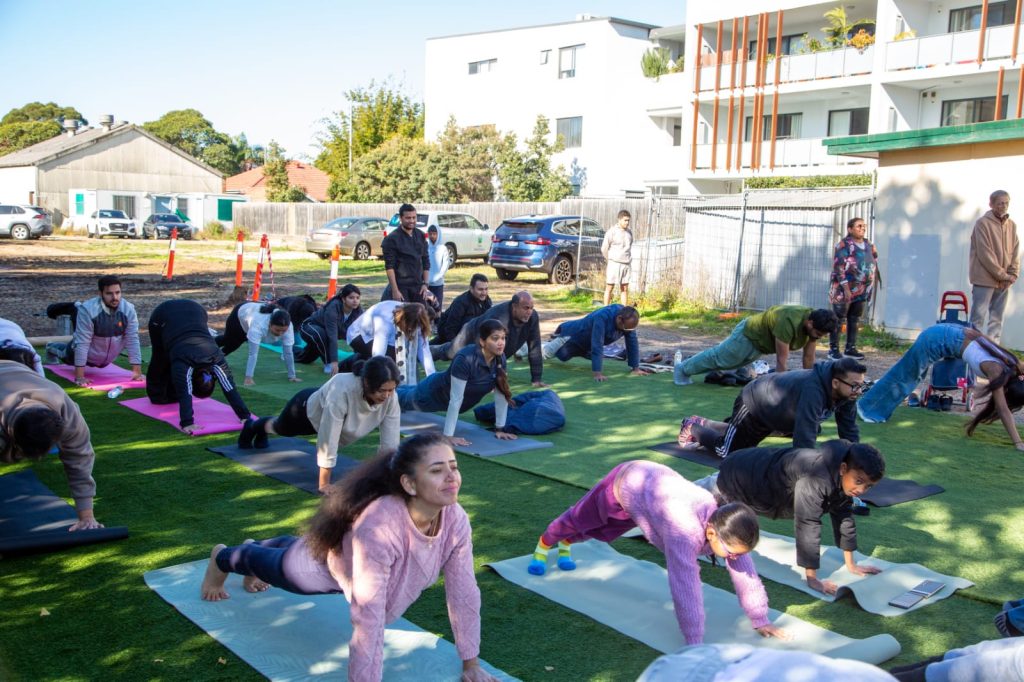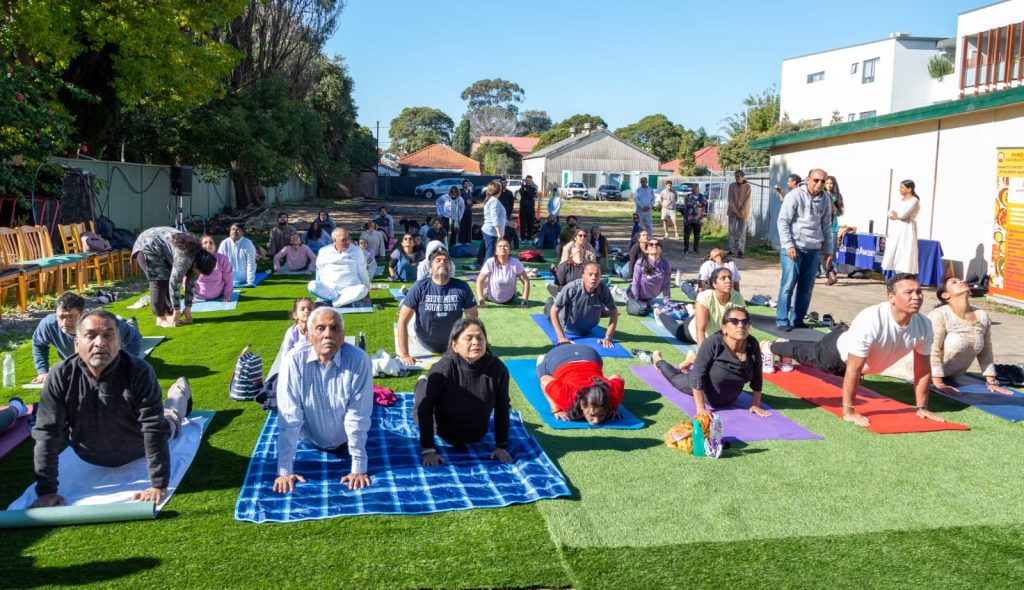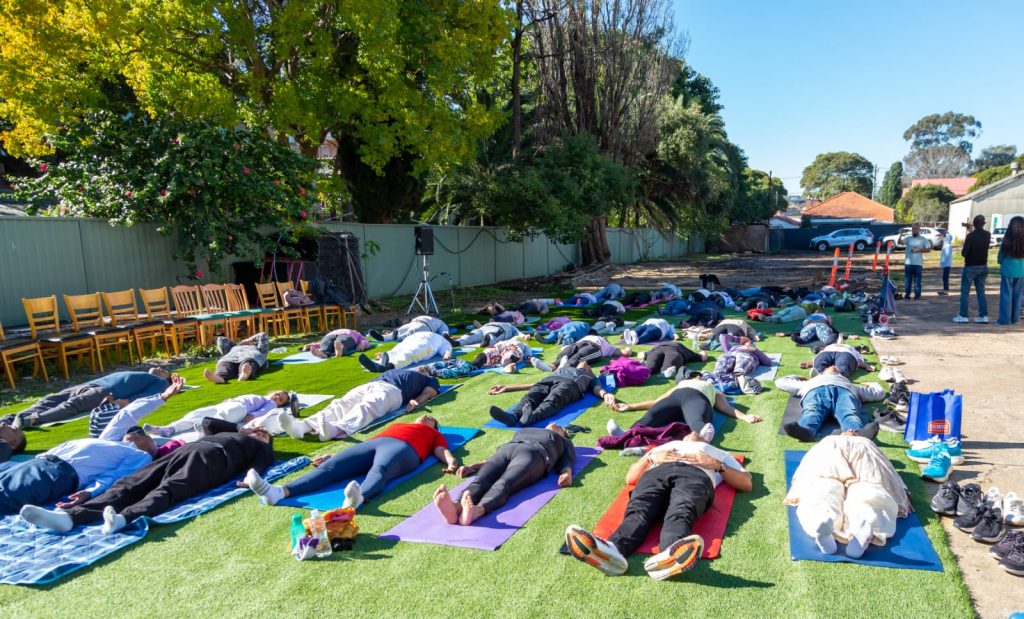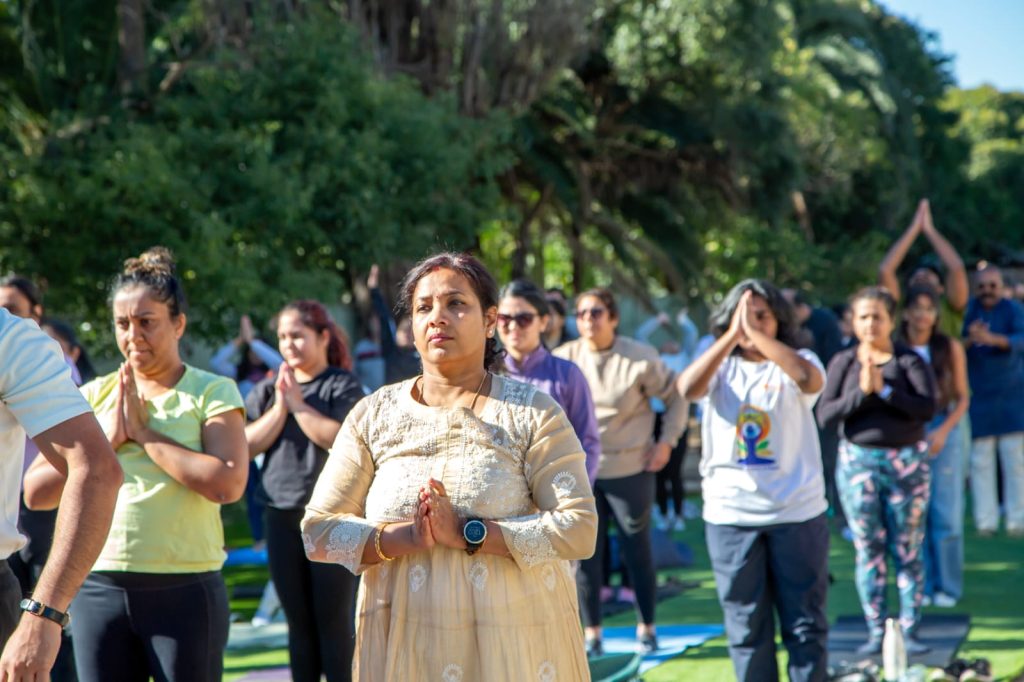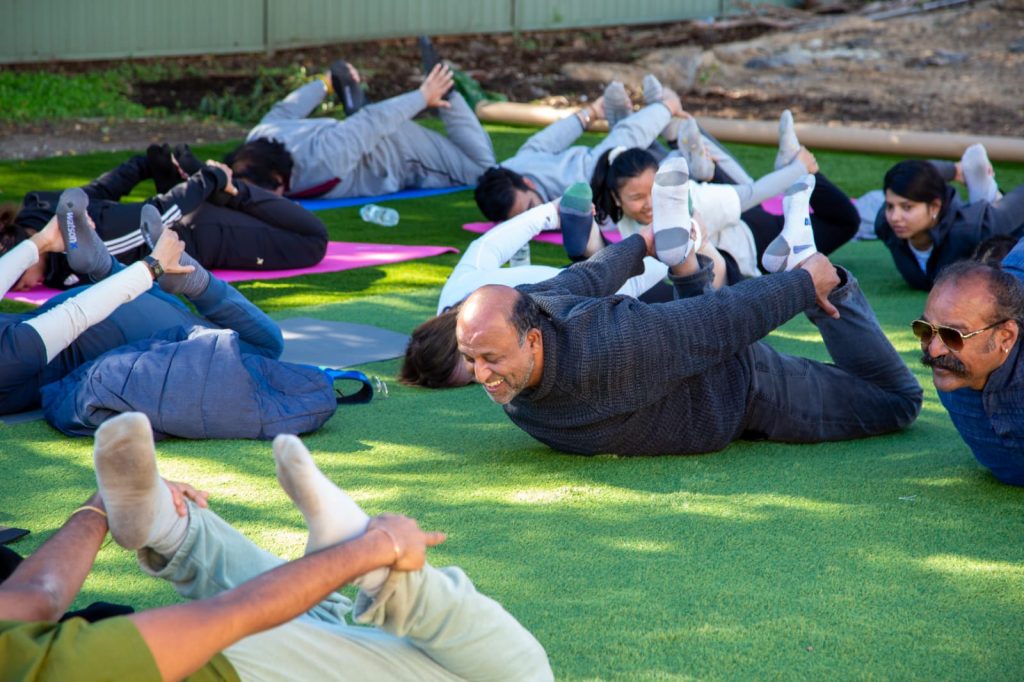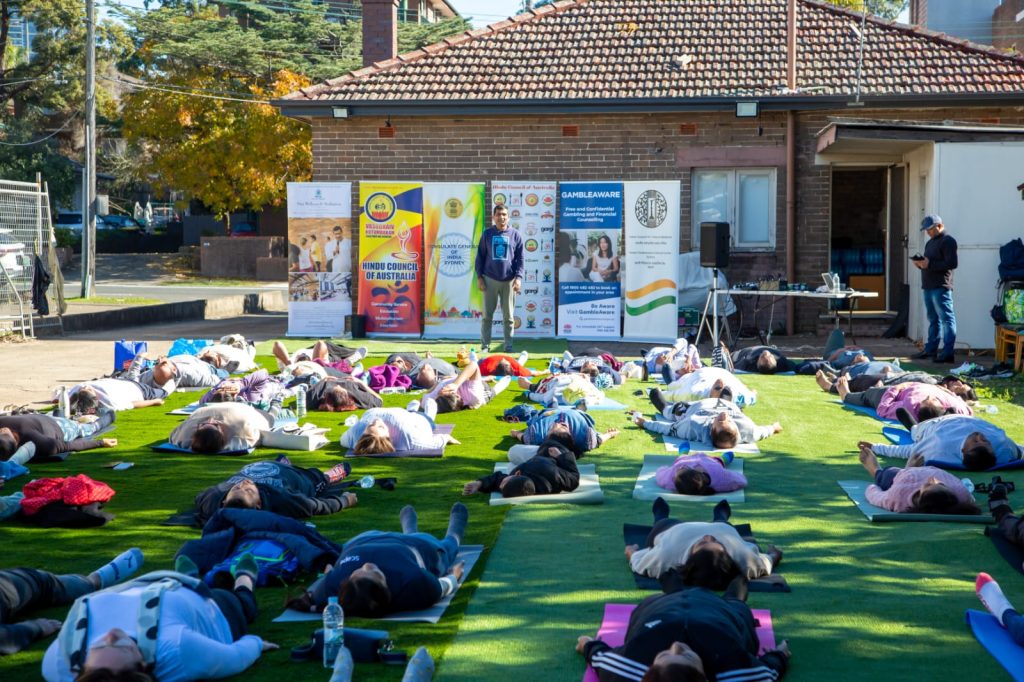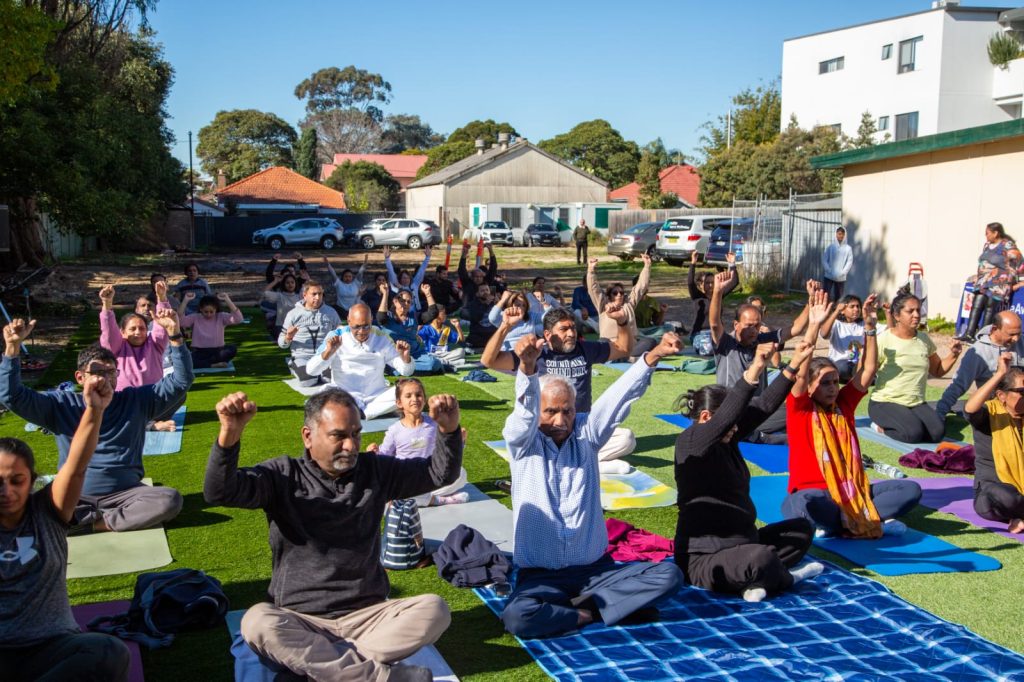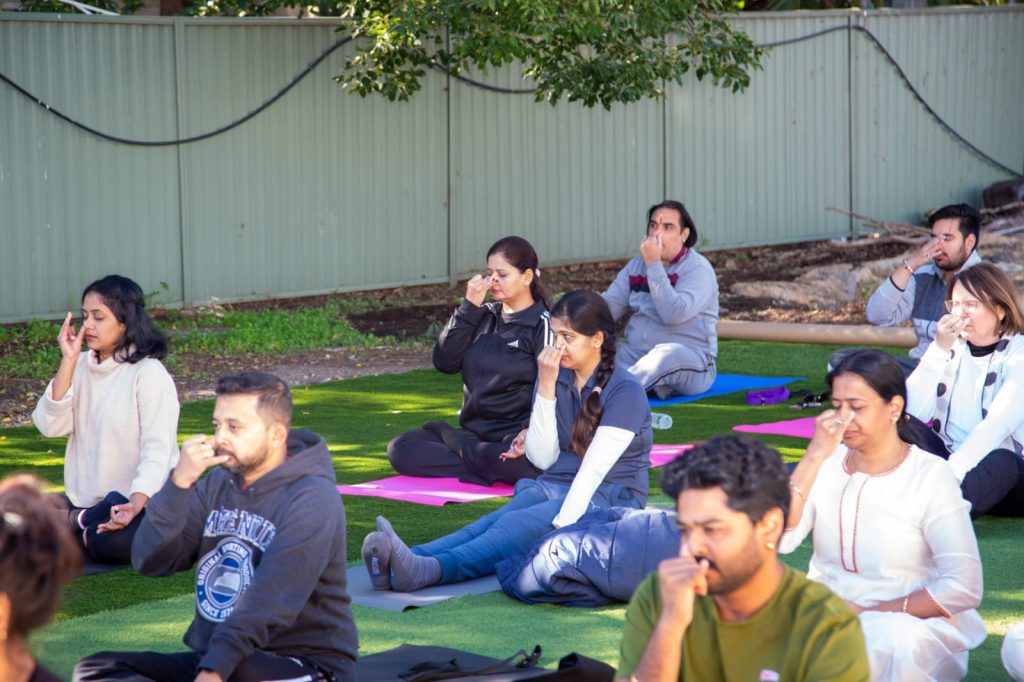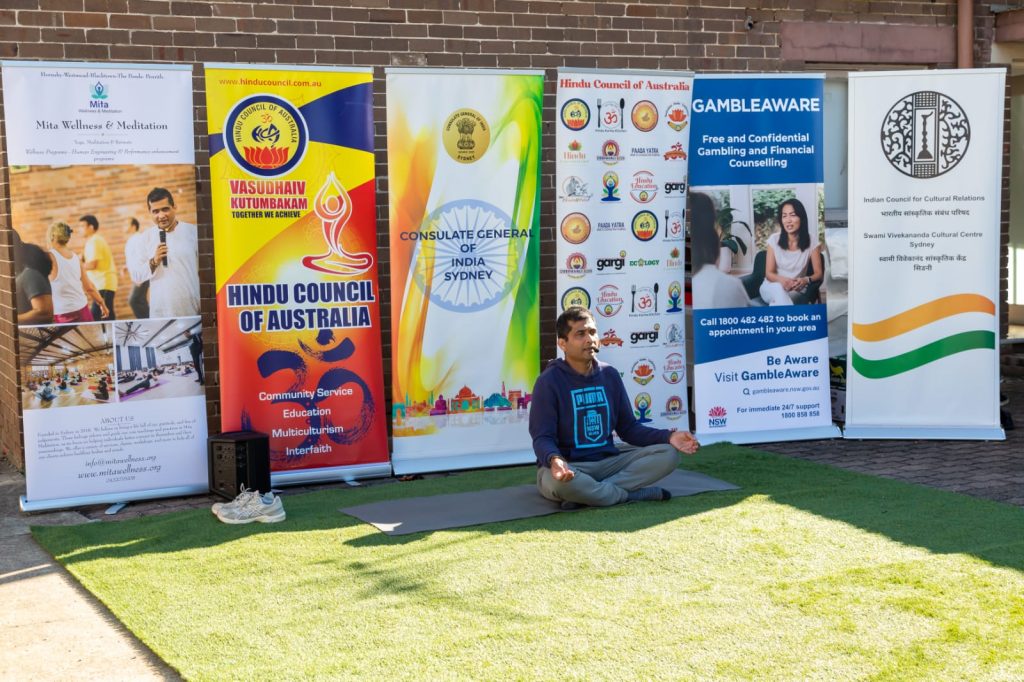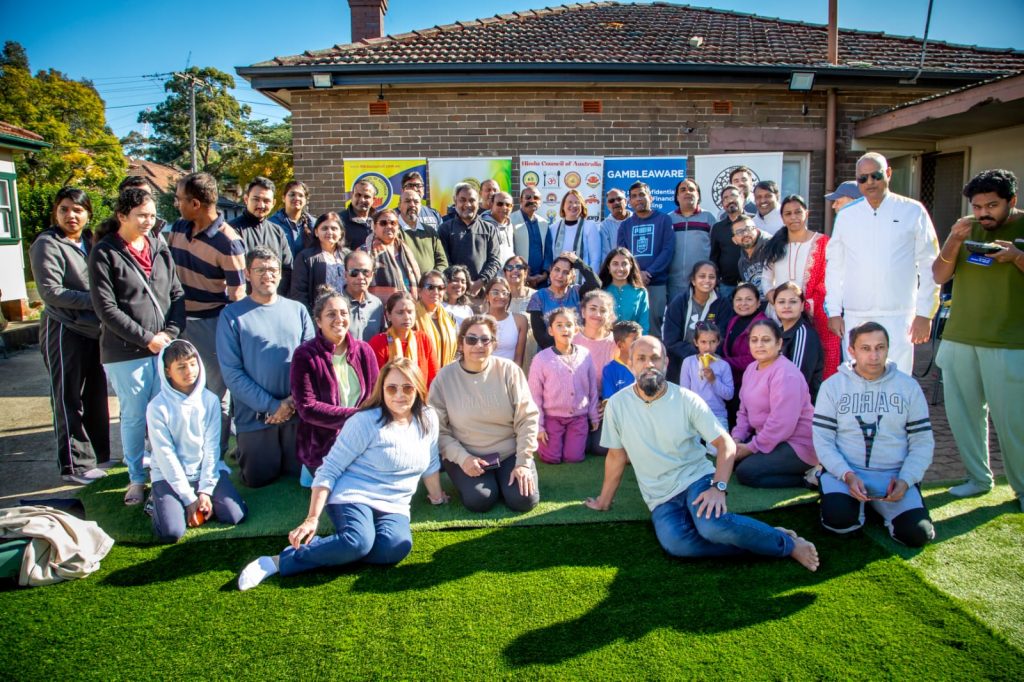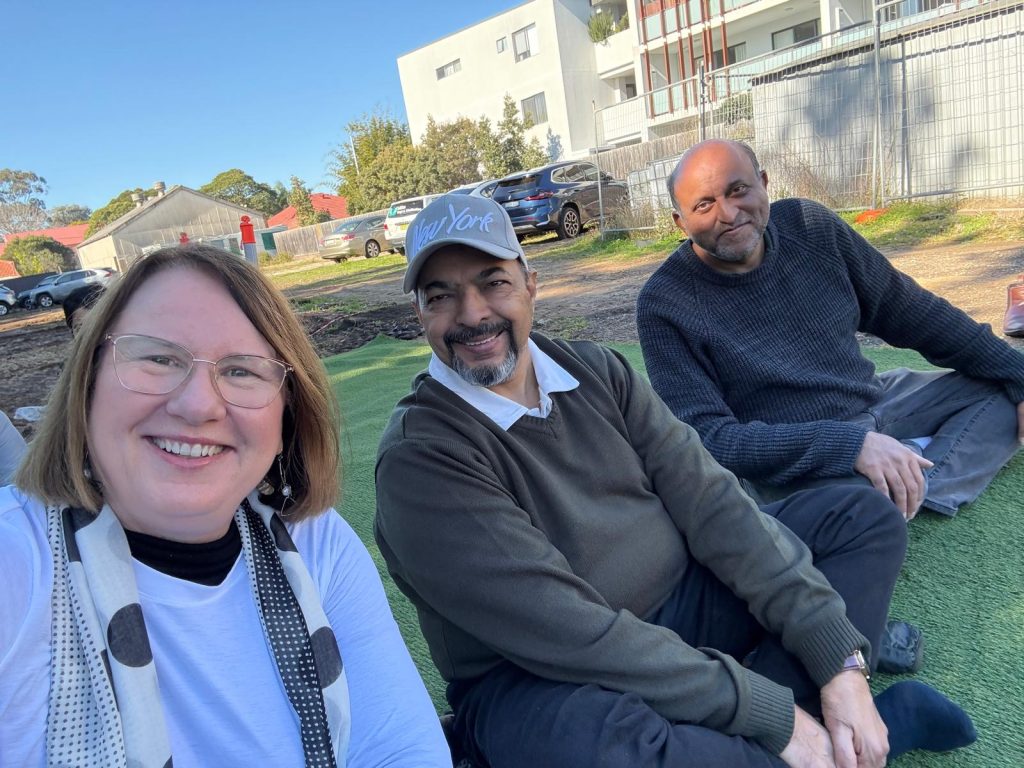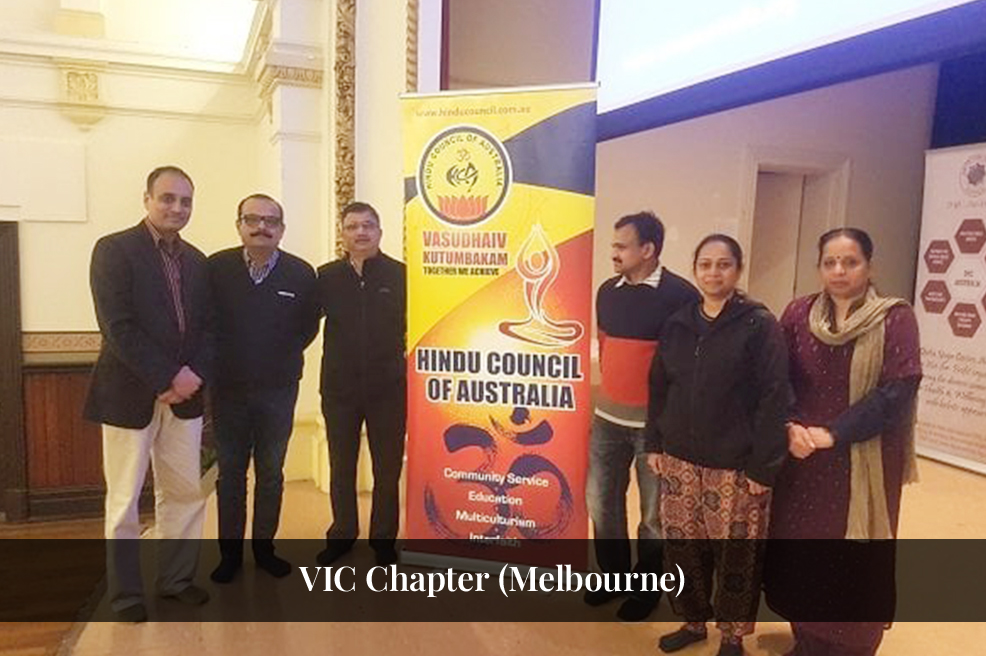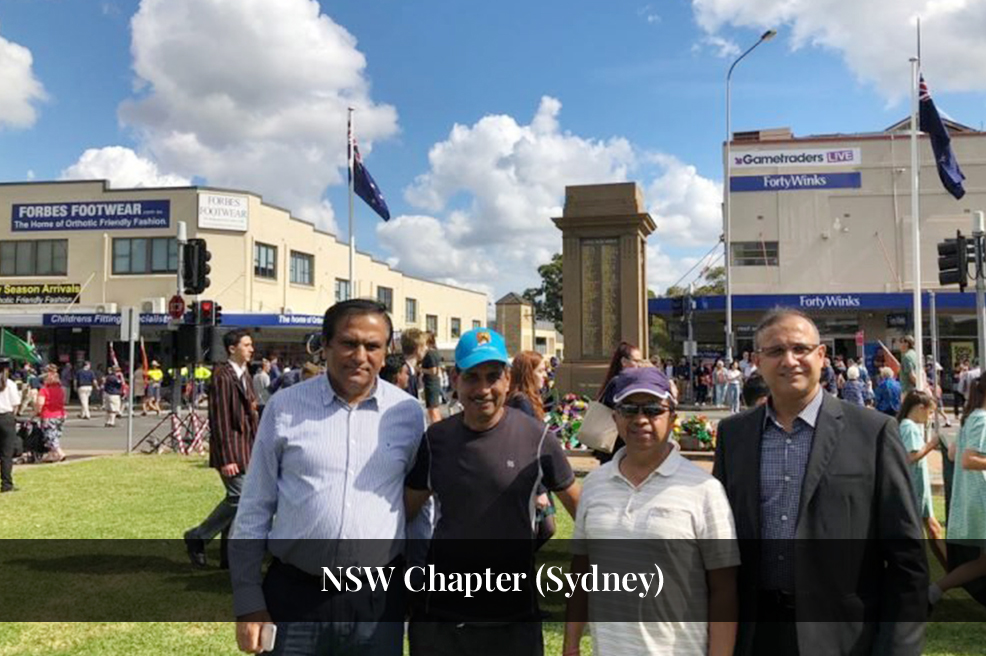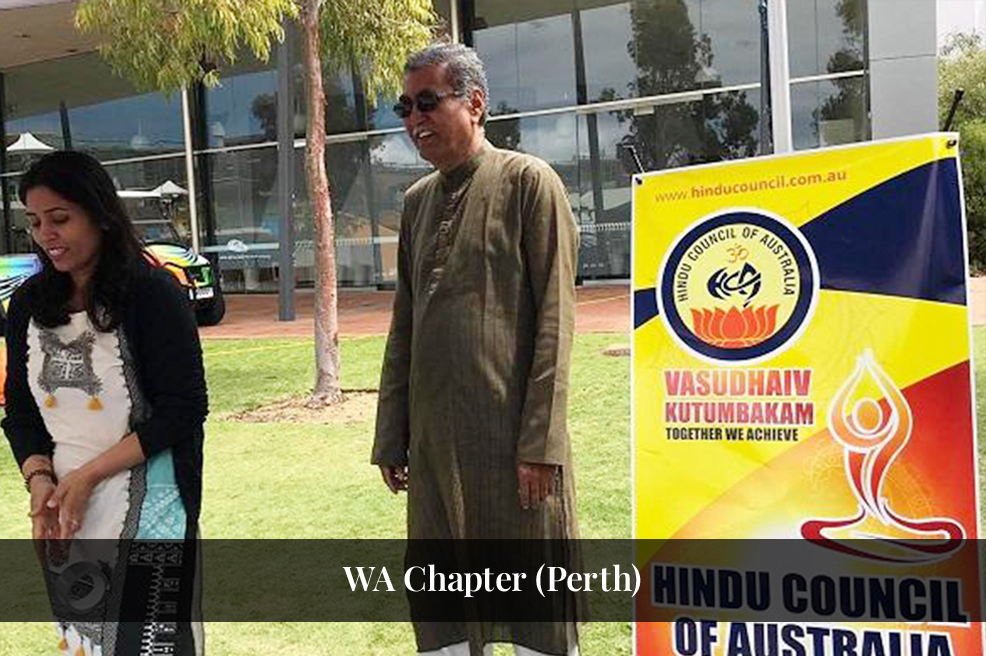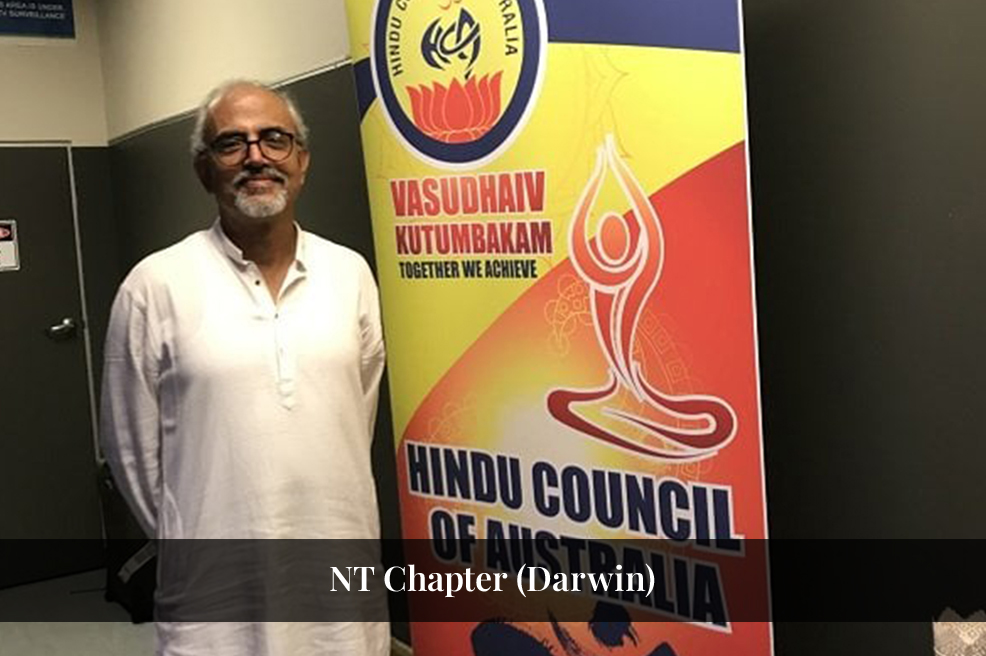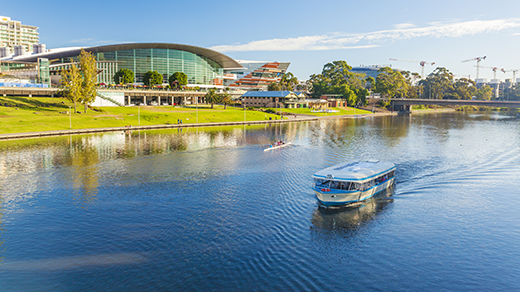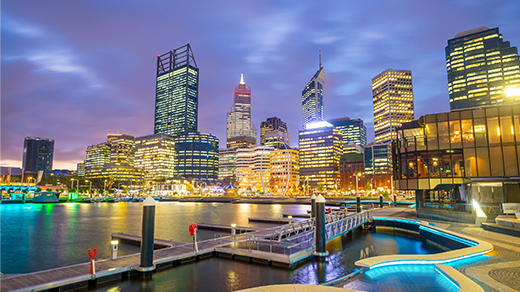Author – Optics Australia
In 1960, Time Magazine reported an exchange of ideas between Roman Catholics (John F Kennedy) and the Southern Baptist Church. The Roman Catholics were challenged, “Roman Catholicism must come with clean hands and admit her own sin in the field of religious persecution and bigotry before she can dare raise her finger at us.” They added, “When a public official is inescapably bound by the dogma and demands of his church, he cannot consistently separate himself from these. This is especially true when that church maintains a position in open conflict with our established and constituted American pattern of life as specifically related to religious liberty, separation of church and state, the freedom of conscience in matters related to marriage and the family, the perpetuation of free public schools and the prohibition against use of public monies for sectarian purposes.”
To this, Roman Catholics responded, “The Church has the duty and the right to intervene even in [the political] field to enlighten and help consciences … A Catholic can never prescind the teachings and directives of the Church.”
One can imagine how these exchanges must have pained Roman Catholics, but this is the price one pays for entering politics. Once you are there, it’s the rough and tumble of politics. Perhaps Anthony Albanese had this no-holds-barred type of politics in mind when he cautioned faith-based groups against entering politics. Politicians rarely speak of anything but promoting their political interests, but here, Anthony Albanese was talking in the best interests of the country. Likely, this sensible talk will not be heeded. The X-post by Jullian Hill with Anthony Albanese’s message got many negative reactions, mostly from atheists who compared the Muslim Vote with Christian faith-based political parties and thought it was hypocritical to look the other way to Christian politics and call out the Muslim Vote. One can only guess that the Christian faith-based parties knew what they were getting into; they might have given back as good as they got, and those political battles may be history now. It is not clear if Anthony Albanese had those political battles from Australian politics or some other scenarios in mind.
Australia doesn’t have the US or France style of strict separation of church and state. Prof Hogan writes: “What Australia does have is a principle of state neutrality, or equal treatment, when dealing with churches.” One can be safe to assume that in the present day Australia, the word church can be taken to mean all places of worship.
Nilay Saiya, a Singapore based scholar, writing for the ABC discusses the issue of Chrisitian nationalism, and adds: “The global church today finds itself in desperate need of a theological reset that rejects Christian nationalism in all its manifestations if it hopes to maintain its gospel witness and bring hope to a broken world. Thankfully, a critique of Christian nationalism has been arising from within the church itself. A number of theologians, pastors, and Christian intellectuals have challenged Christian nationalism on the grounds that it represents a form of idolatry that corrupts the Christian salvation message.”
Prof Bongiorno, in an essay for The Conversation, touches on the history of religion-based politics in Australia in a few paragraphs and finally concludes the article: “The most serious challenges for Australia’s political system and social cohesion are not the prospect of a Muslim party or political movement. It may well go the same way as the plethora of minor Christian parties of the past.
Rather, it is how we can make our political system work in a way that responds effectively to the cultural diversity of our society while preserving what is most authentically democratic about it. We certainly can’t do that if we insist that only some of us get a say in making the rules.”
Prof Bongiorno seems to imply that restricting the political activity of faith-based groups is limiting their say in making the rules. We wish to explore this theme in the context of the campaign by the Muslim Vote to influence the outcome of at least ten seats in the May 2025 federal parliament elections. The compulsory voting system in Australia is to encourage everyone’s participation in the law-making process, so one must welcome the participation of the Muslim Vote in our electoral system. One must remember that when one enters the political arena, one has to accept every political attack that comes with it without taking any offence and pulling out the phobia card.
Australian politics is peculiar in that, almost always in either the lower house or the Senate, minor parties, often with one or two members, hold the balance of power. One cannot forget how former Senator Brian Harradine used his single vote to have his way on many crucial issues. In the 2025 parliamentary elections, the Muslim Vote is the deciding factor in ten parliamentary seats. This makes it imperative to know their policies or what types of rules they want the parliament to make.
It will not be out of place here to compare this with the scrutiny the union movements come under, as the voters suspect that the Labour Party is beholden to the unions for their election funds. In the near past, we can see the scrutiny faced by Christian Brethren and Scott Morrison and his association with the Hillsong Church. These scrutinies are brutal, and one must be prepared for such scrutiny if one wants to have the right to make rules for Australia, as Prof Bongiorno puts it.
From the recent example of President Trump, once in office, he is issuing executive orders unthought of by his supporters. This is how the rules are, thus voters must educate themselves on the views and prepare for how elected representatives may behave once elected.
